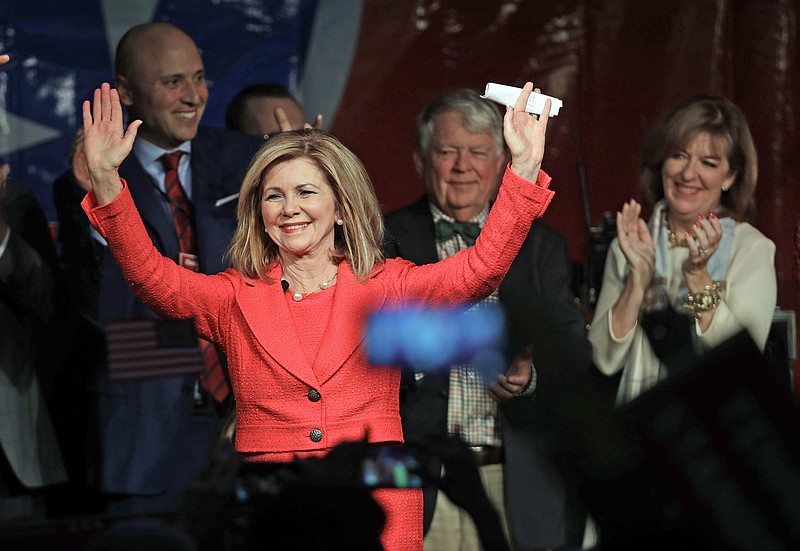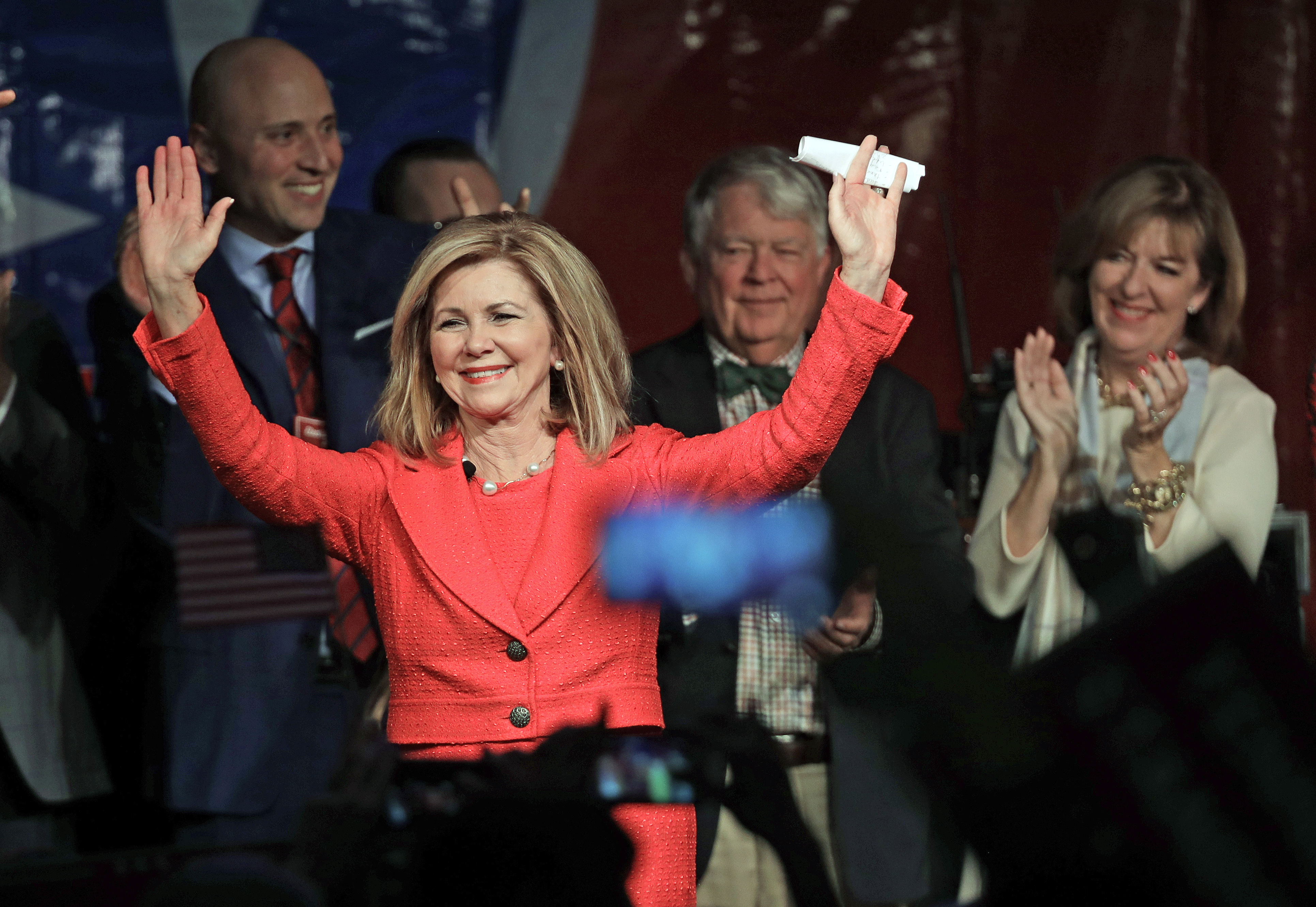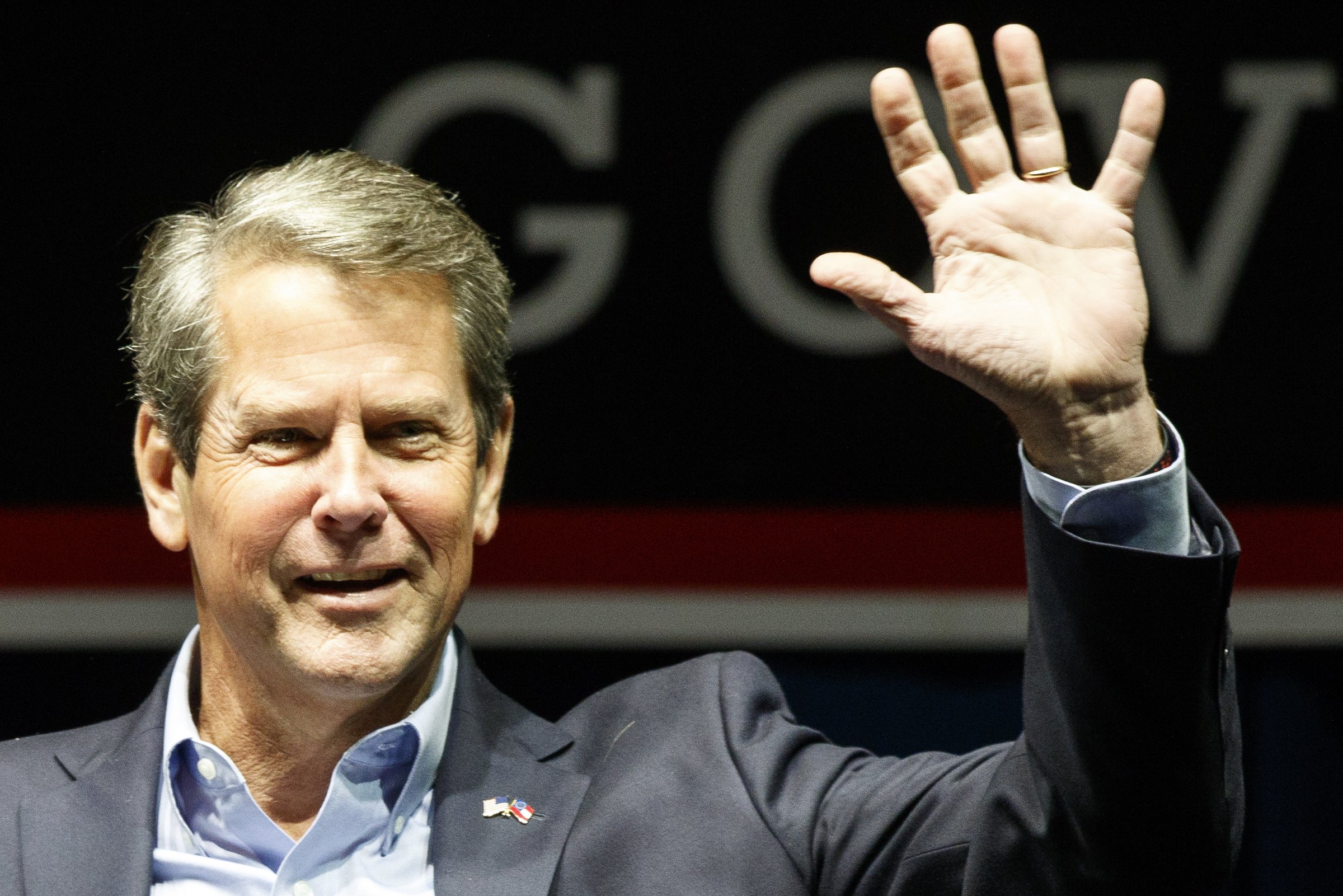When Phil Bredesen ran his last statewide office race before this year in the 2006 gubernatorial election, the Democratic former Nashville mayor swept all 95 counties in Tennessee, winning re-election in most of the rural counties around Chattanooga with more than two thirds of the vote.
But in his Senate bid this month against Republican U.S. Rep. Marsha Blackburn, R-Tennessee, Bredesen lost every county in Southeast Tennessee and was defeated in most rural counties around Chattanooga by better than a 2-to-1 margin.
Bredesen won only three counties - the same as Democratic gubernatorial candidate Karl Dean, another former Nashville mayor who was easily defeated by GOP candidate Bill Lee.
Democrats won the two biggest counties in the state in Memphis (Shelby County) and Nashville (Davidson County) and a majority of votes cast in the city of Chattanooga in the statewide contests for U.S. senate and governor. But outside of those urban areas, voters cast ballots overwhelmingly for GOP candidates.
The divide was even starker in Georgia, where Republican Brian Kemp narrowly won the statewide election for governor even after losing the state's biggest cities. Despite winning Atlanta where she served as minority leader in the Georgia Legislature, Democrat Stacey Abrams received only about one of every five votes in rural Northwest Georgia where Kemp beat her by a 4-to-1 margin.
Many of those same counties leaned toward the Democrats a generation ago. Outgoing Georgia Gov. Nathan Deal was first elected to the U.S. House of Representatives in 1992 from North Georgia as a Democrat, succeeding Democrat Ed Jenkins in what was then a reliably Democrat-leaning district. But Deal switched to the GOP in 1995 when fellow Georgian Newt Gingrich helped the GOP win control of the U.S. House and led the Republicans to a majority in Georgia.
"The rural counties of the South that used to vote for Democrats are now dark red counties favoring Republicans," said Steve Gill, political editor for the Tennessee Star and a conservative radio talk show host. "The gun-owning, God-fearing, pro-life and too-high-tax fearing Democrats of the past in those rural areas are now voting for what they believe rather than what their granddaddy used to vote for as a Democrat, and that's what has changed the political landscape."
Gill said the vote margins won by both Blackburn in her Senate race and Lee in winning his gubernatorial contest in Tennessee were similar to those of Donald Trump in his 2016 presidential election and reflected the growing rural advantage for the GOP.
Tom Ingram, a longtime political consultant and former staffer for both U.S. Sens. Howard Baker and Lamar Alexander, said Tennessee has changed from a Democrat-leaning state to a solid GOP-controlled state over his lifetime. He said the partisan shift has been most pronounced in the state's rural counties.
"Tennessee is traditionally a conservative state and it has moved to a reliably Republican state, but I can remember when the Democrats were in control and I expect the political cycle could shift again in the future," Ingram said. "What we see today is not likely what we will see 10 years in the future, but right now this is a red state."
The urban/rural divide in Tennessee was exhibited in a pre-election Power Poll among opinion leaders in Tennessee, most of whom live and work in the state's biggest cities. Among the business, civic, media and political leaders across the state's biggest cities, Bredesen was favored by more than three fourths of the respondents in the urban areas sampled. But Bredesen ended up losing to Blackburn by more than 11 percentage points.
"There's a stark urban and rural divide in Tennessee," said Bruce Dobie, founder of the Power Poll.
Contact Dave Flessner at dflessner@timesfreepress.com or 423-757-6340.


